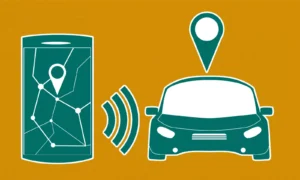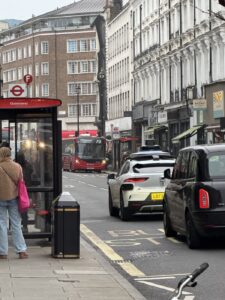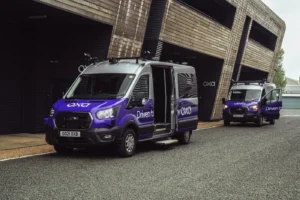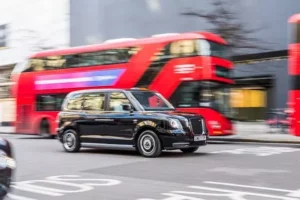The self-driving truck technology copmpany Plus (formerly Plus.ai) has announced it will collaborate with Teledyne FLIR, LLC on a development project to explore the addition of thermal cameras to the sensor stack used with Plus’s Level 4 autonomous driving technology.
Plus takes a multi-modal sensor approach and currently uses lidar, cameras, and radar to provide trucks powered by its autonomous driving technology with a 360-degree view around the vehicle. While the current system offers improved safety compared to a traditional truck, thermal cameras add another layer of perception that is particularly useful for heavy trucks that traverse the country in low-visibility and high-contrast conditions. These can include: nighttime, shadows, dusk, or sunrise; direct sun or headlight glare; and challenging scenarios when fog or smoke is present due to environmental conditions. Depending on configuration, thermal cameras can detect and classify pedestrians at distances of up to 250 meters (>820 feet), which is much farther than the reach of typical headlights. They can also provide another layer of perception around the vehicle, particularly helpful when the vehicle is backing up or when being overtaken by an ensuing vehicle.
“You can never be too safe when it comes to equipment you put on a heavy truck. Combining thermal cameras with our other sensors would bring an additional margin of safety to our system. Our research pilot will not only assess the technical performance but also consider cost and scale requirements in order to potentially add this to our product roadmap,” said Tim Daly, Chief Architect of Plus.
“We are excited to be working with the team at Plus as they explore the integration of thermal cameras into their current sensor suite, creating even safer autonomous commercial vehicles,” added Paul Clayton, General Manager of Components, Industrial Technologies Segment at Teledyne FLIR. “By combining thermal imaging with visible light cameras, lidar, and radar, Plus can create more comprehensive and redundant systems, allowing these vehicles to more readily detect and classify objects and humans on the road to help save lives.”
(Picture – Plus)
























